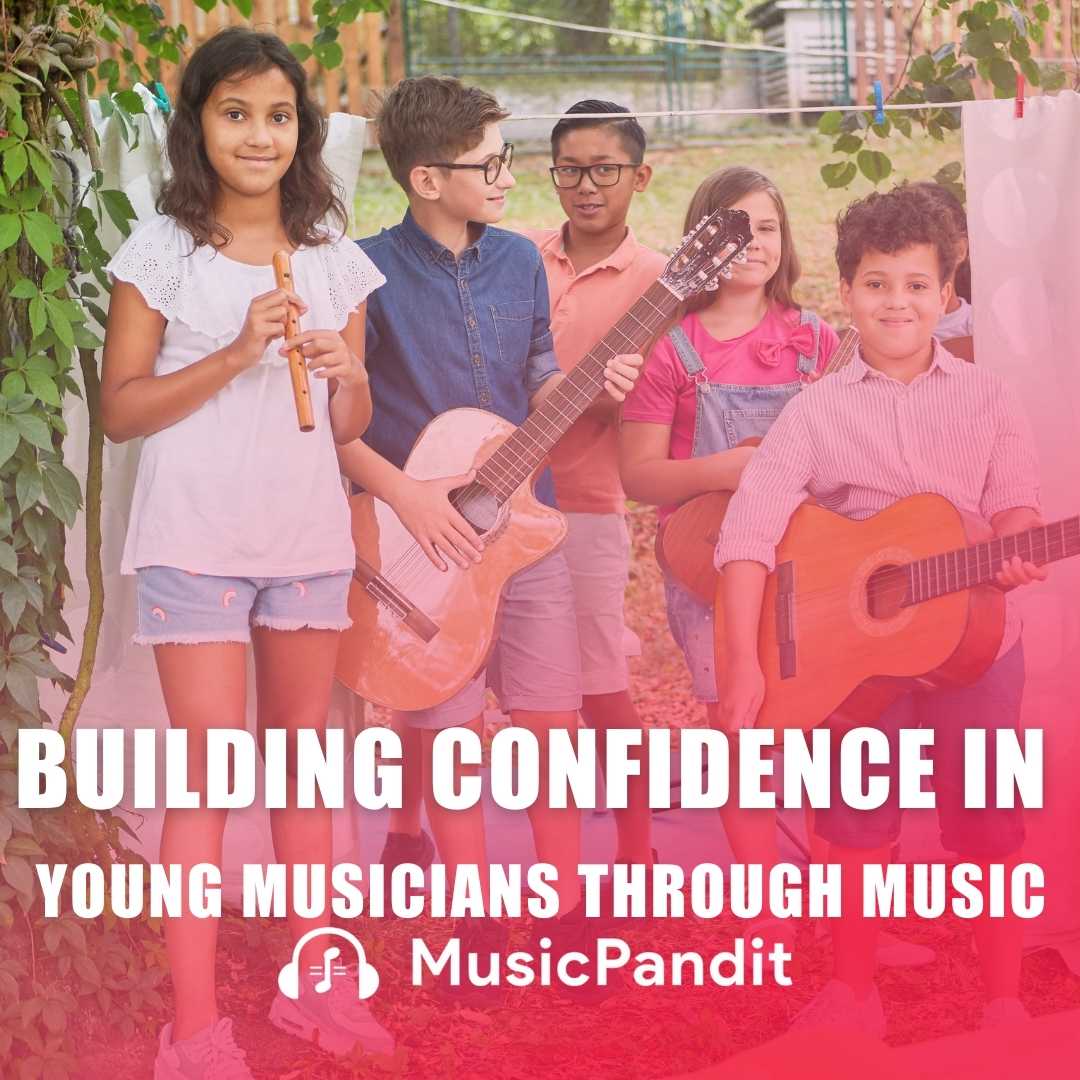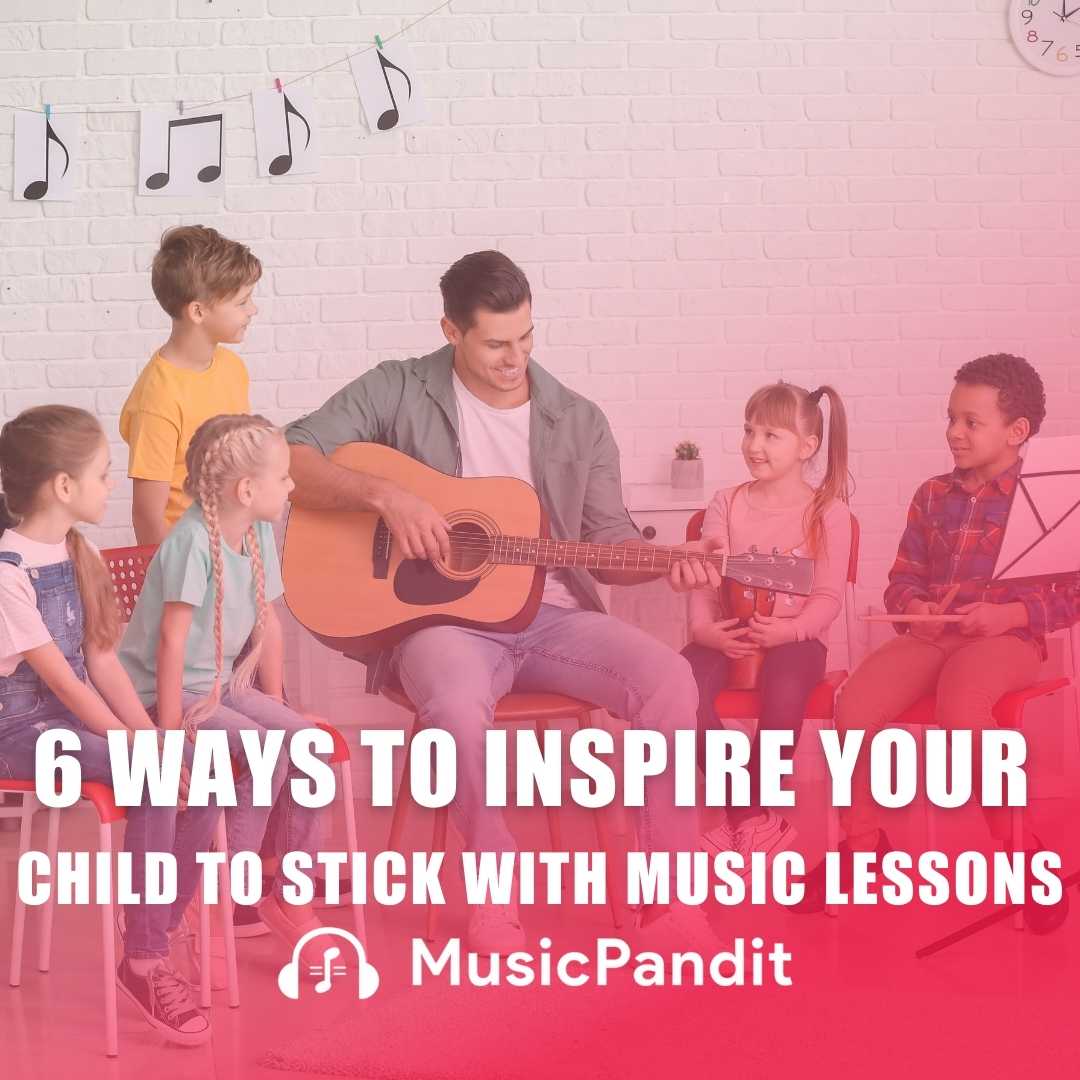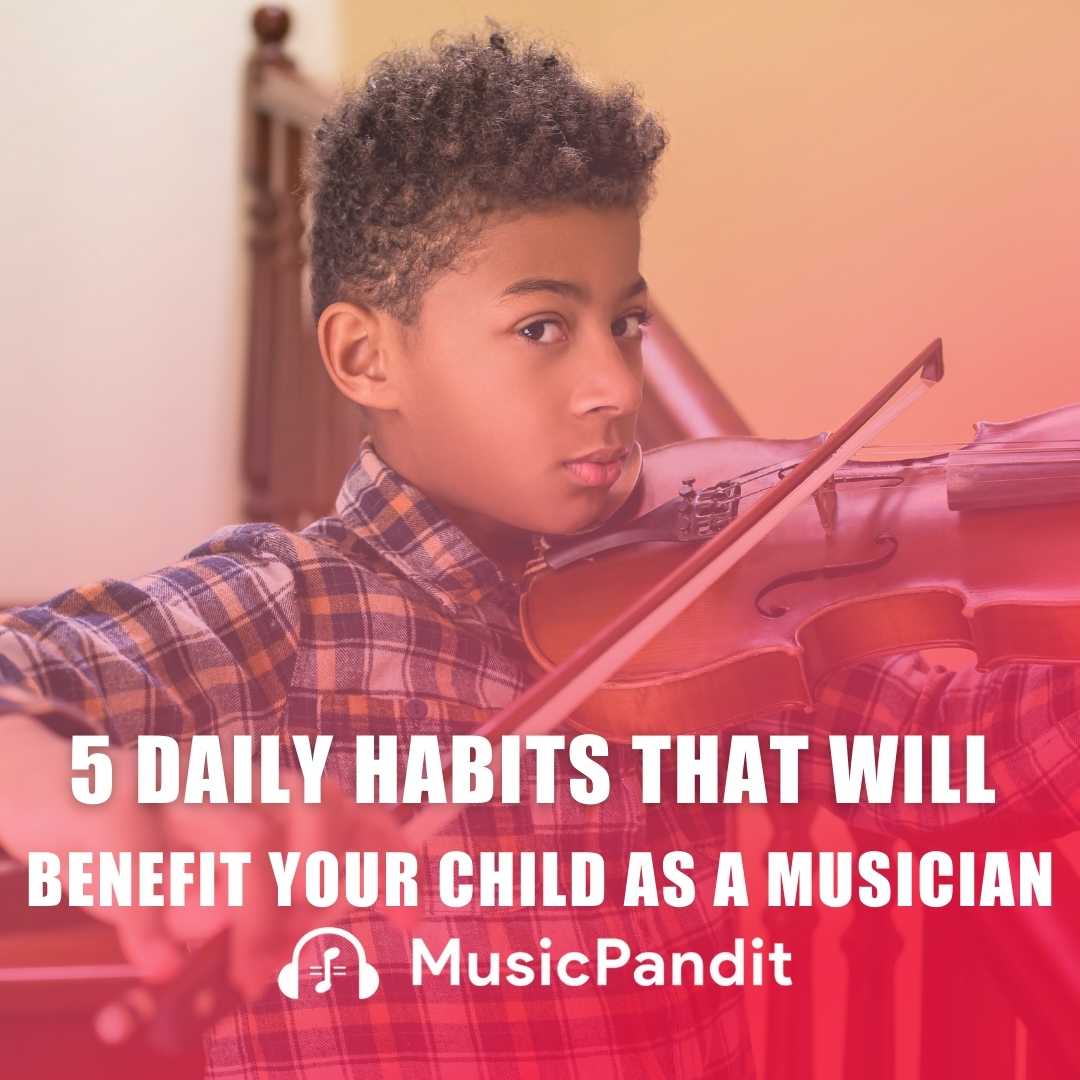Music learning holds the key to unlocking a world of creativity and joy for children. As parents, your role in cultivating your child’s interests in music is instrumental. Let’s harmonise, how you can actively contribute to supporting music education at home, creating a musical environment for your child’s music learning journey.
1. Embracing Music Learning at Home
Begin by fostering a home environment that embraces music learning. Make it a point to
incorporate musical elements into your daily routine. Whether it’s playing tunes during meals or introducing musical games, creating a musical backdrop in your home sets the stage for a rich music learning experience.
2. The Vital Role of Parents
Recognize the most important role you play in nurturing your child’s interests in music. Actively engage with their music learning endeavours, be it listening to their favourite tunes, participating in singing sessions, or attending their musical performances. Your role as parents becomes the cornerstone of their music learning journey.
3. Nurturing Individual Interests
Every child has unique interests in music. Pay attention to what connects with your child, whether it’s a specific genre, instrument, or style. Nurturing these individual interests creates a sense of ownership and passion for music, making the music learning process more enjoyable and meaningful.
4. Actively Supporting Music Education
Supporting your child’s music education involves more than just providing instruments. Actively engage in their music learning process by attending music classes together, exploring online music tutorials, or participating in music-themed activities. Your active
involvement sends a powerful message about the importance of music in their overall music learning development.
5. Creating a Musical Atmosphere
Designate a space in your home specifically for music learning exploration. This could be a cozy corner with musical instruments, colourful posters, and comfortable seating. The creation of this dedicated space emphasises the importance of music learning and encourages your child to explore and create within a supportive music learning environment.
6. Diverse Music Learning Experiences
Expose your child to a variety of music learning genres and experiences. Attend live performances, introduce them to different instruments, and explore the rich tapestry of sounds. This exposure broadens their music learning horizons, allowing them to develop a well-rounded appreciation for the diverse world of music learning.
7. Celebrating Music Learning Milestones
Celebrate every music learning achievement, no matter how small. Whether it’s successfully playing a new chord, mastering a song, or expressing themselves through a musical composition, acknowledge their efforts. Celebrations reinforce the idea that their music learning journey is a source of pride and accomplishment.
8. Singing as a Bonding Activity
Singing together creates a special bond between parents and children. Incorporate singing into your daily routine, be it through lullabies, karaoke sessions, or singing along to favorite tunes. This shared music learning experience not only fosters a love for singing but also strengthens your emotional connection.
9. Encouraging Music Learning Creativity
Encourage your child to express their creativity through music learning. Provide them with tools such as notebooks, recording devices, or music composition apps. This empowers them to create their own musical pieces, fostering a sense of creativity and originality in their music learning journey.
10. Fostering a Supportive Music Learning Environment
Create an environment where mistakes are viewed as opportunities for growth in music learning. Encourage resilience and perseverance in the face of music learning challenges.
Emphasise that the learning journey is just as valuable as reaching music learning milestones, fostering a love for continuous music learning.
11. Integrating Music into Music Learning Education
Immerse music into your child’s academic journey. Utilise catchy tunes to aid memorization, making learning multiplication tables, historical dates, or language vocabulary an enjoyable and musical experience. Associating education with music enhances retention and transforms learning into a creative music learning endeavour.
12. Facilitating Music Learning Friendships
Encourage your child to share their music learning interests with friends. Organise playdates or group activities centred around music to foster a sense of community. Collaborative music learning experiences not only make learning more enjoyable but also provide valuable social interactions, nurturing lasting friendships through a shared love for music.
13. Exploring Virtual Music Learning Platforms
Embrace technology to explore virtual music learning platforms. Numerous websites and apps offer interactive lessons, games, and activities designed to make music education engaging and accessible. Virtual platforms complement traditional music learning methods, providing additional resources for your child’s music learning exploration and development.
Conclusion:
In crafting a home environment conducive to music learning, parents serve as the key architects of their child’s musical journey. Embracing music learning, actively supporting music education, and fostering a creative atmosphere contribute to a rich and harmonious experience.
As parents engage in their child’s musical growth, they create a soundtrack of familial connection and a shared love for music. This active involvement lays the foundation for a lifelong passion and appreciation for the art of music. Together, parents and children coalesce in a melodic journey, creating a symphony that resonates with the joys of shared exploration and a harmonious connection through the language of music.














